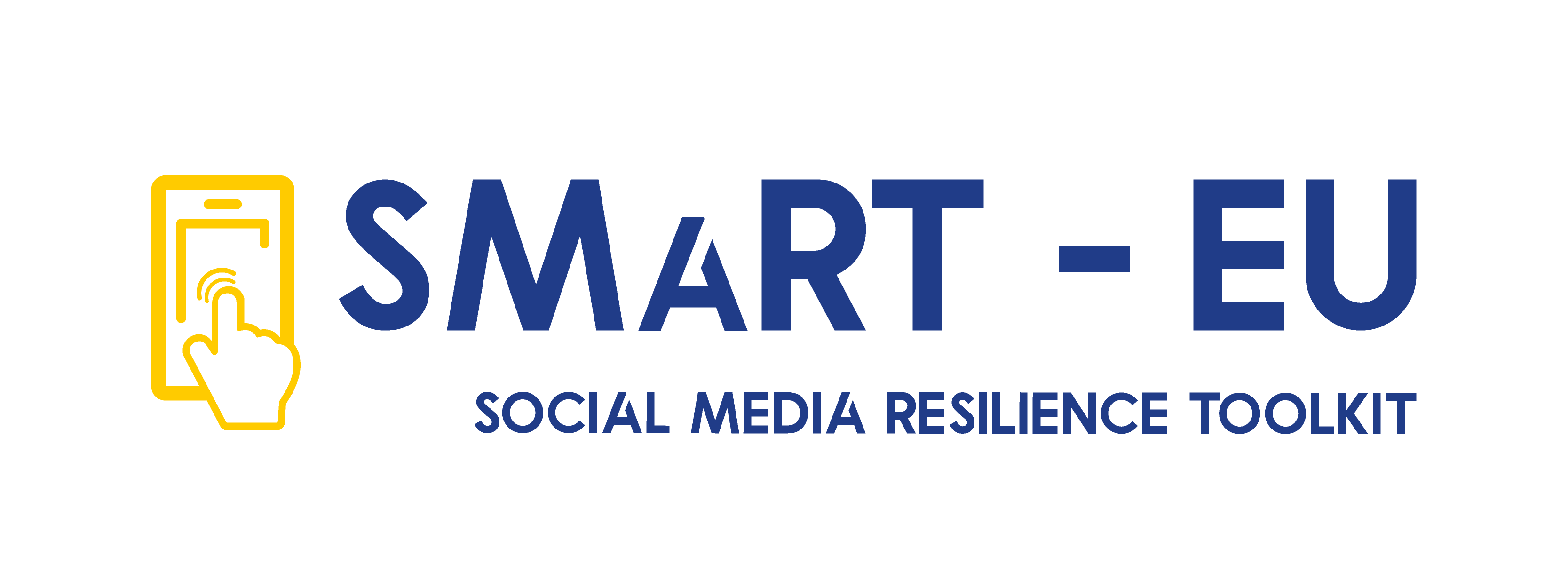Intergenerational
Generational identity connects with ‘intergenerational relations’, and implies interdependence between age groups and generations gaps. The digital age implied generational gaps when thought of technology and younger and older generations. Interactivity and Internet 3.0 moved generations towards close relationships by using media. “The digital age promotes the blurring of barriers between different age groups that interact through and with technologies. Intergenerational relationships that narrow in digital can overcome the so-called generation gaps, fostering intergenerational interaction, which allows the sharing of knowledge and forms of sociability anchored in different generational contexts” (Amaral & Brites, 2019, p. 5113).
Intergenerationality signifies this interconnection between generations towards a dialectic achievement:
– This approach also challenges existing roles (for instance, at school and at home) and places younger generations as citizens with skills and voices.
– The domestication of technologies is often considered unlikely by older generations. The domain of digital skills is, by definition, presented as a guarantee of the younger generations born without knowing the analogue. However, this is a static generation analysis that ignores its multidimensionality and particularly stereotypes older adults (Loos, 2012).
– “Social media are increasingly being used by young and old as a source of information. Fake news is also on the rise. The role played by age in the consumption of fake news on social media, however, is unclear” (Loos and Nijenhuis, 2020, p. 69).
A possible approach that can and should be adopted is to implement and improve participatory approaches whether in educational settings, family, among others, that can involve with children, youth and adults in a collaborative environment.
This is not always an easy task, challenging the role of different citizens, including educators and researchers: “the ideological space of schooling often structures teacher-student interactions in ways not conducive to engaging what’s most important about young people’s online work. Attempts at addressing this work under the ideological weight of school systems often imbue the values of new forms of online interaction that young people appreciate – sharing, collaboration, community, openness” (Saul, 2016, p.160).
